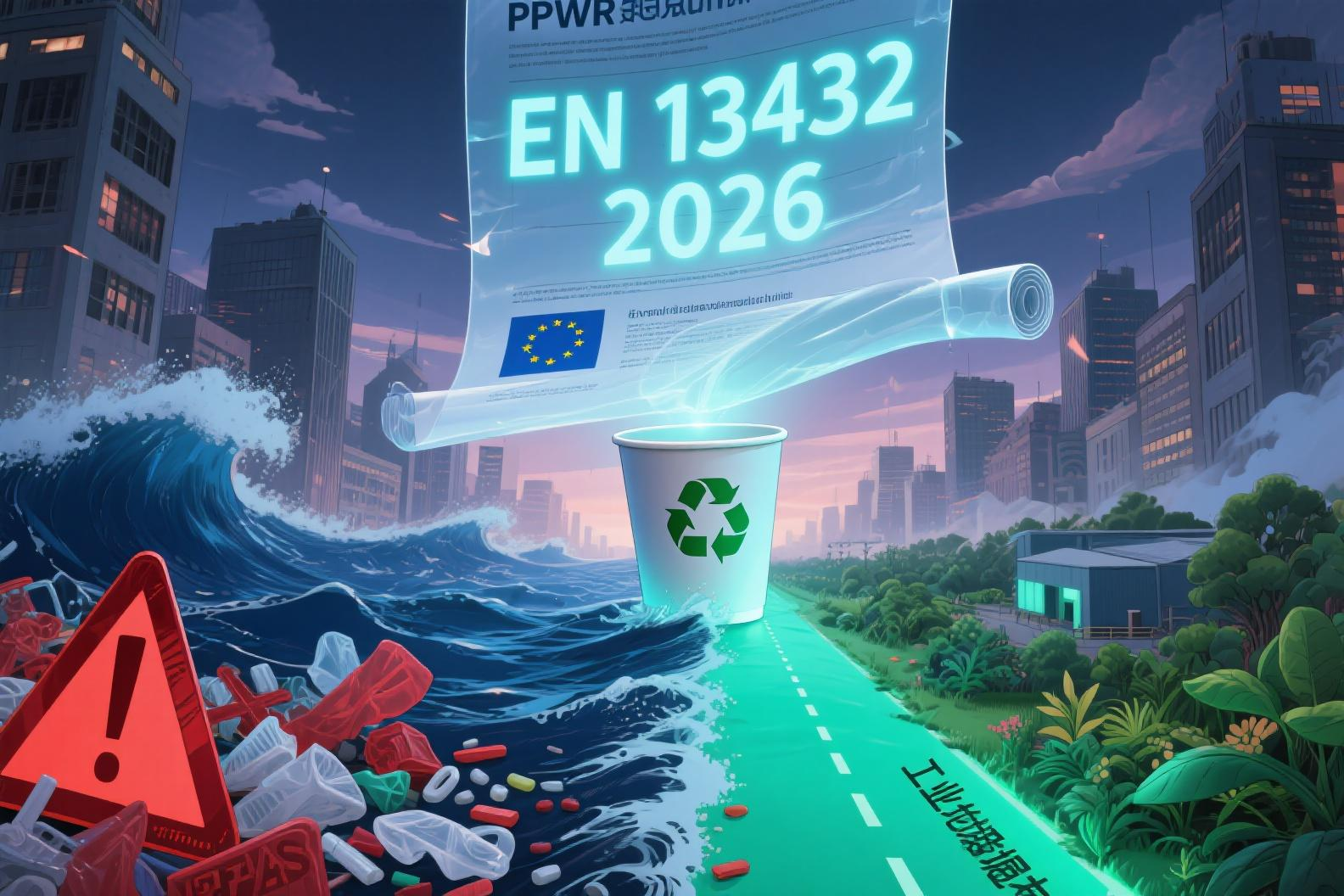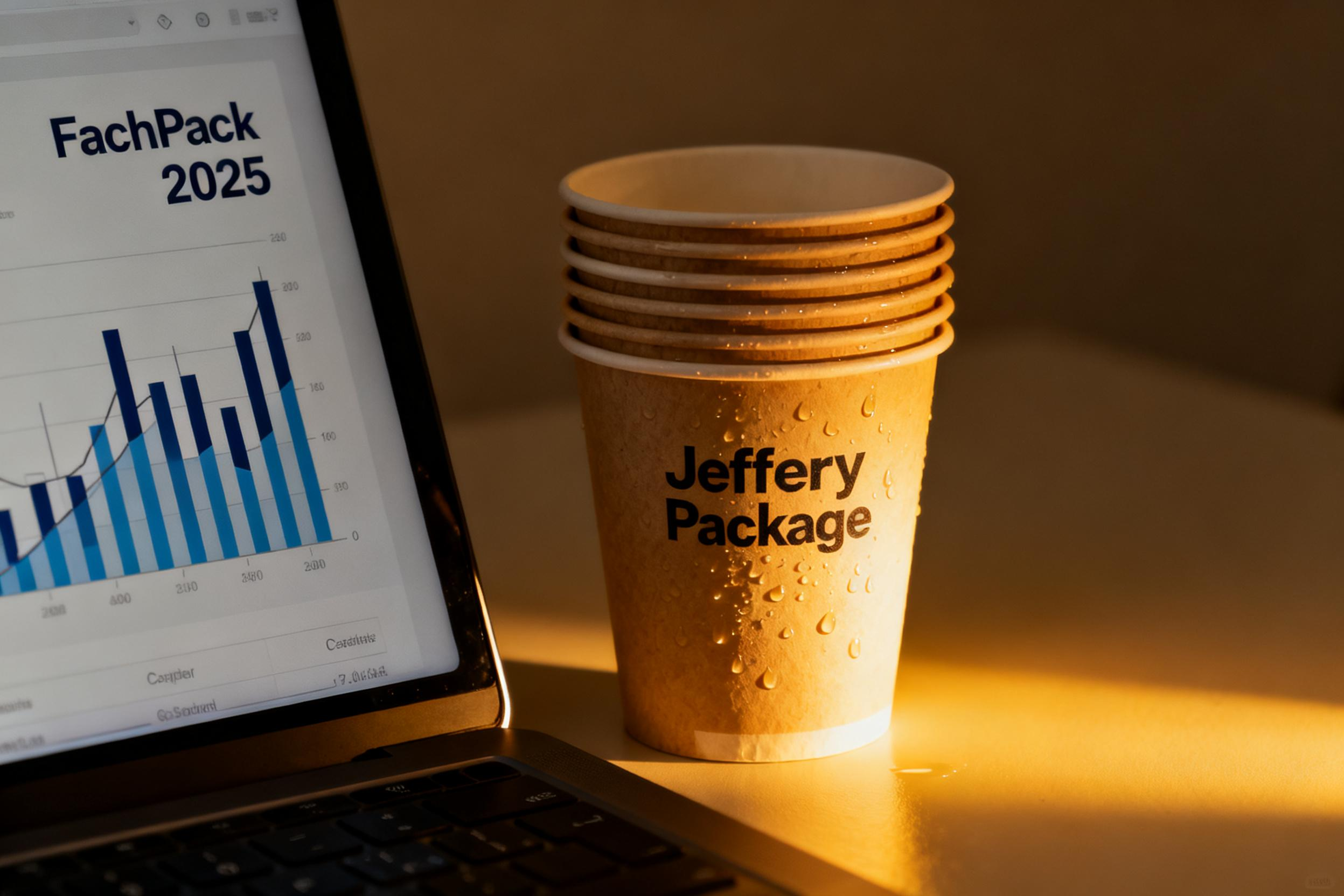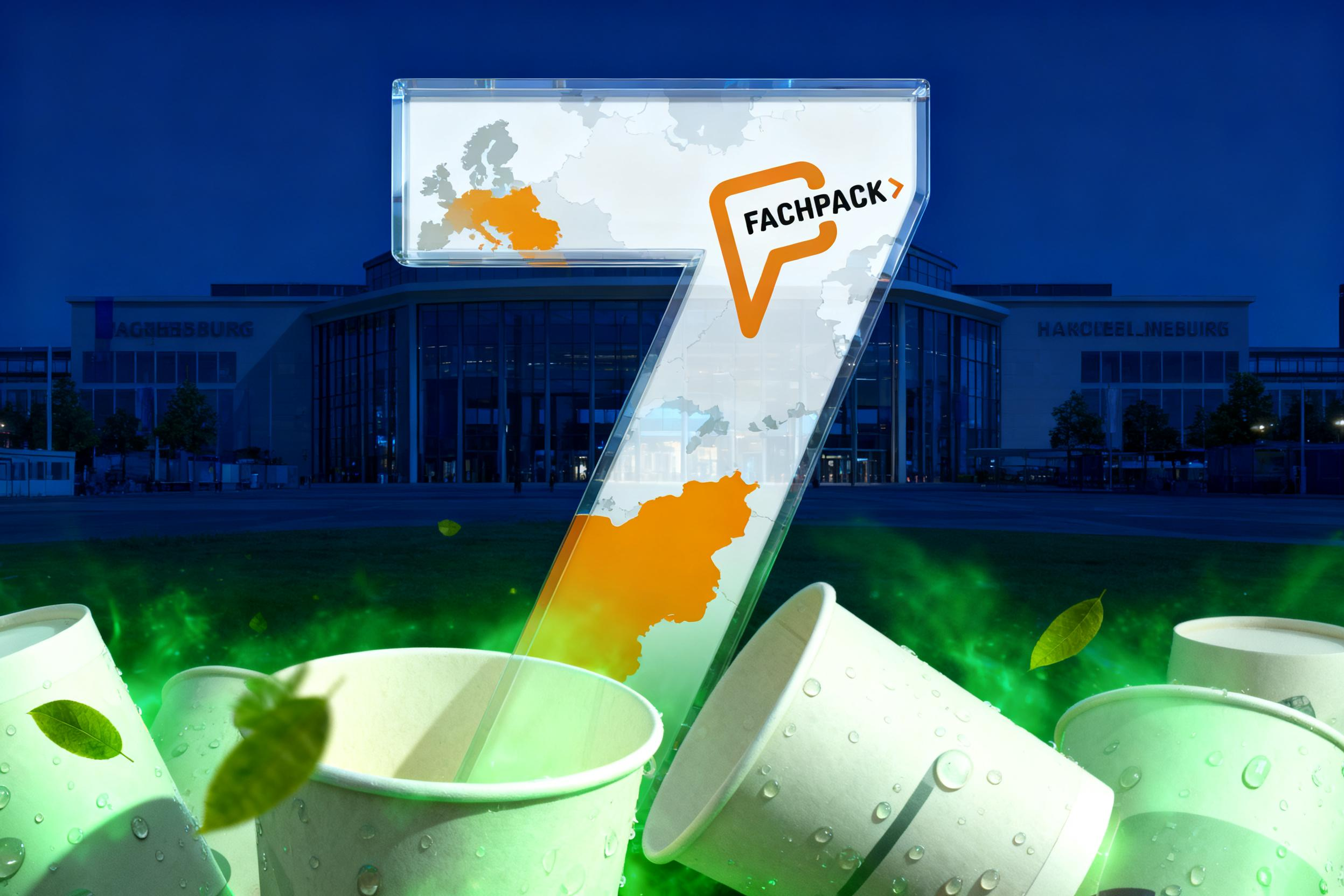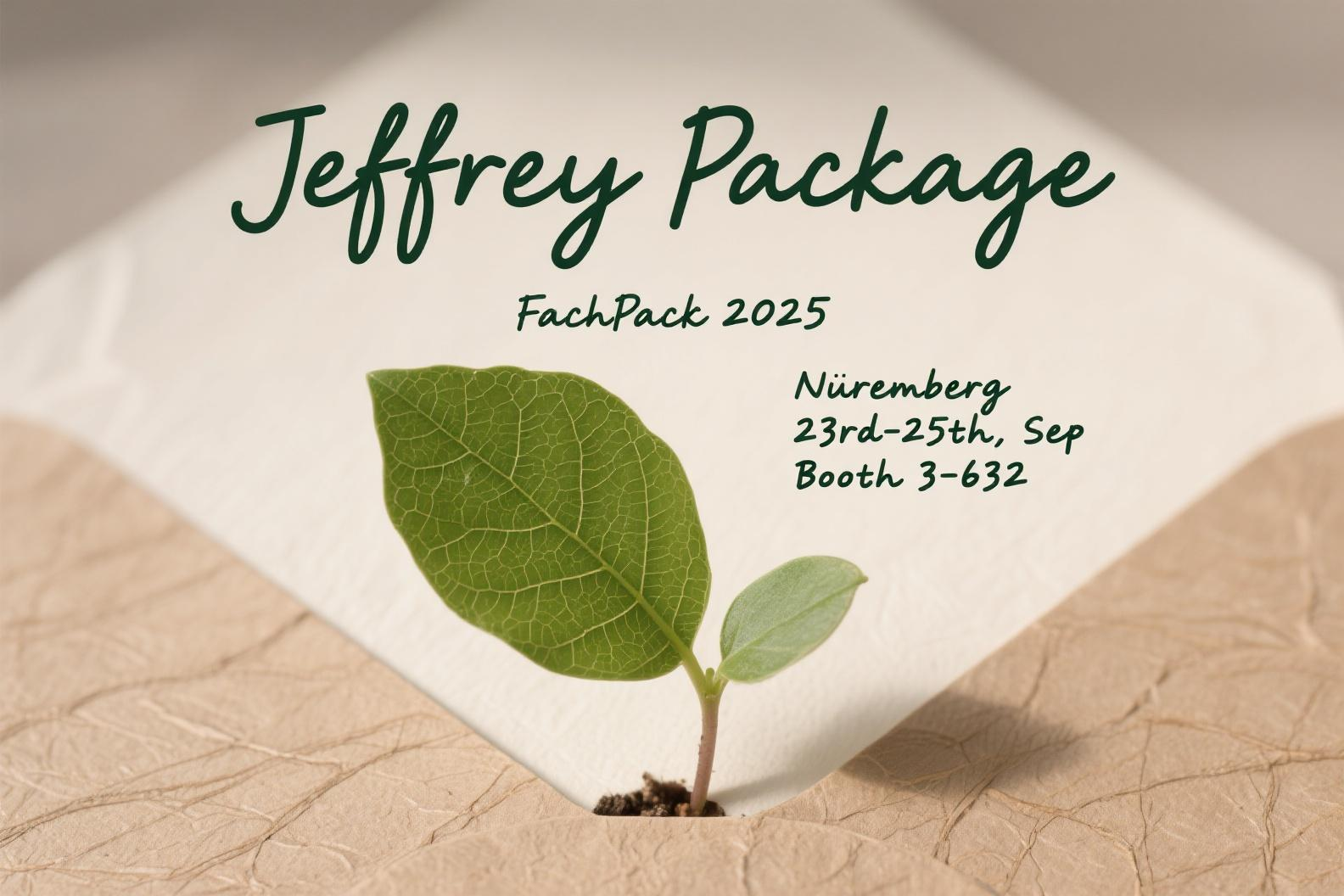2026 Global Compostable Packaging Regulations: Is Your Business Ready for the EN 13432 Shift?
The global packaging landscape is undergoing its most significant regulatory transformation in decades. Driven by a urgent need to combat plastic pollution and promote a circular economy, new laws are mandating not just recyclability, but true compostability for a wide range of single-use items.
For forward-thinking brands, this isn’t a compliance hurdle—it’s a monumental opportunity to lead in sustainability, build consumer trust, and future-proof their operations. This blog breaks down the upcoming regulatory changes and how switching to certified water-based coated paper cups positions your brand at the forefront of this green revolution.
The Regulatory Tsunami: Key Laws You Need to Know
-
The EU’s Packaging and Packaging Waste Regulation (PPWR)
This is the most comprehensive legislation, set to fully apply from August 2026. The PPWR introduces:-
Strict Recyclability & Compostability Mandates: Certain items, like tea bags, coffee pods, and fruit/vegetable sticky labels, must be compostable in industrial composting facilities by 2028.
-
Plastic Reduction & Recycled Content Targets: It sets ambitious recycling rate targets (e.g., 75% for paper/board by 2025, 90% by 2030) and mandates minimum recycled content in plastic packaging.
-
PFAS Ban: A strict ban on Per- and polyfluoroalkyl substances (PFAS) in food packaging will be enforced from 2026.
-
Clear Labeling Requirements: Packaging will need precise labels to guide consumers on proper end-of-life disposal, whether recycling or composting.
-
-
Extended Producer Responsibility (EPR) Schemes
Globally, EPR laws are expanding, placing the financial and operational burden of packaging waste collection, recycling, and disposal squarely on the producers. Using certified compostable packaging can significantly reduce EPR fees in many jurisdictions.
The Gold Standard: Understanding EN 13432 & ASTM D6400
Simply claiming a package is “biodegradable” is no longer sufficient. Compliance hinges on certifications against rigorous, science-backed standards:
-
EN 13432 (EU Standard): This is the benchmark for compostability in Europe. To be certified, packaging must successfully pass four stringent tests:
-
Biodegradation: At least 90% of the material must convert to CO₂ within 6 months in an industrial composting environment.
-
Disintegration: After 3 months of composting, over 90% of the material must pass through a 2mm sieve, ensuring no visible remnants.
-
Heavy Metals & Ecotoxicity: The resulting compost must meet strict limits on heavy metals (like As, Cd, Cr, Pb, Hg) and not harm plant growth.
-
Soil Quality: The compost must not negatively impact the chemical and physical quality of the soil.
-
-
ASTM D6400 (US Standard): This is the North American equivalent, with similar rigorous requirements for industrial compostability.
Crucially, standards are tightening. TÜV Austria, a key certifying body, has confirmed a ban on intentionally added traditional polymers like PE, PP, and PET in certified compostable products, regardless of concentration, pushing innovation towards advanced biopolymers.
Beyond Greenwashing: Why Certification is Non-Negotiable
Using uncertified “green” packaging poses severe risks:
-
Legal Non-Compliance: Fines and market access revocation under PPWR and other laws.
-
Contamination: Uncertified materials can disrupt both composting and recycling waste streams, harming the circular economy they aim to support.
-
Brand Damage: Savvy consumers and B2B partners increasingly demand verified, third-party-proof of environmental claims.
Our Solution: Future-Proof Your Brand with Certified Water-Based Coated Paper Cups
At Jeffrey Package, we’ve anticipated this regulatory shift. Our water-based coated paper cups are engineered from the ground up to meet these challenges head-on, offering a seamless path to compliance and leadership.
How Our Cups Ensure Compliance & Performance:
| Feature | Benefit | Regulatory Advantage |
|---|---|---|
| Water-Based Coating | Free from PFAS, polyethylene (PE), and other banned polymers. Provides excellent liquid hold-out without eco-toxicity. | Complies with EU PFAS ban and TÜV Austria’s polymer restrictions. |
| Designed for EN 13432 | Formulated to fully biodegrade within the required timeframe, leaving no harmful residues or microplastics. | Ready for mandates requiring industrial compostability for single-use foodservice items. |
| Third-Party Certified | Our products undergo rigorous testing by accredited bodies to achieve certifications you can trust and market. | Provides the verified proof required for EPR reporting, legal compliance, and transparent marketing. |
| High-Performance | Heat-resistant, leak-proof, and perfect for hot beverages and foods—sustainability without sacrificing user experience. | Meets all functional requirements of traditional cups while being eco-friendly. |
A Strategic Action Plan for 2026
-
Audit Your Portfolio: Identify which of your products fall under the new compostability mandates (e.g., coffee cups, takeaway containers).
-
Demand Certification: Partner with suppliers who provide valid EN 13432 or ASTM D6400 certificates for their products, not just vague promises.
-
Educate Your Consumers: Use clear on-pack labeling to guide them on how to properly dispose of your compostable packaging. This reduces contamination and maximizes recovery.
-
Communicate Your Leadership: Showcase your switch to certified compostable packaging in your marketing. It’s a powerful story that resonates deeply with consumers and B2B partners.
Conclusion: Don’t Adapt—Lead
The 2026 regulations are not a distant future—they are the new reality of packaging. Viewing them merely as a compliance cost is a missed opportunity. By transitioning to certified water-based coated paper cups now, you are not just avoiding risk; you are investing in your brand’s reputation, appealing to the conscious consumer, and actively participating in building a truly circular economy.
Ready to future-proof your packaging and turn compliance into a competitive advantage?
👉 [Contact our sustainability experts today] www.jfrpack.com.





